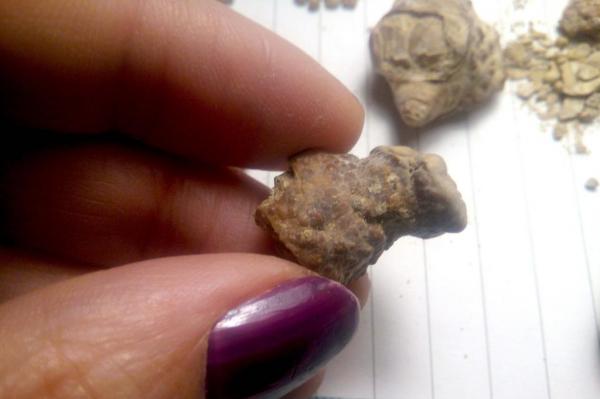
– Mayo Clinic scientists have connected first-time kidney stone formations with chronic kidney disease in a new study.
Chronic kidney disease is characterized by a progressive loss in kidney function, reducing the body’s ability to clear waste. Symptoms include nerve damage, high blood pressure, anemia and weak bones. The National Kidney Foundation estimates the disease affects 26 million people in the United States alone.
In the study, Mayo Clinic researchers examined 384 first-time kidney stone formers for three months after their stone event alongside a control group, and found affected individuals maintained higher levels of the blood marker cystatin C and urine protein after their first stone event. Both factors are known to increase the risk of chronic kidney diseases. The findings were published in the journal Mayo Clinic Proceedings.
“Even after adjusting for other risk factors, including urine chemistries, hypertension and obesity, we still found that those with a kidney stone episode had subsequent abnormal kidney function,” lead researcher Andrew Rule explained in a press release. “This helps us better understand the long-term implications of kidney stones beyond recovery time.”
While previous studies concluded kidney stone formers run a higher risk for developing chronic kidney disease, the new study established that chances are increased after the first stone event.
Kidney stones begin as a tiny mineral deposit in the organ, and grow larger if urinary tracts are unable to push them out of the body. Large deposits can cause severe pain, nausea and difficulty urinating.
“This research shows that the implications of kidney stones may go beyond the discomfort they are so often associated with,” Rule added. “Prevention of kidney stones may be beneficial for a person’s overall kidney health.”
[Source:-UPI]




